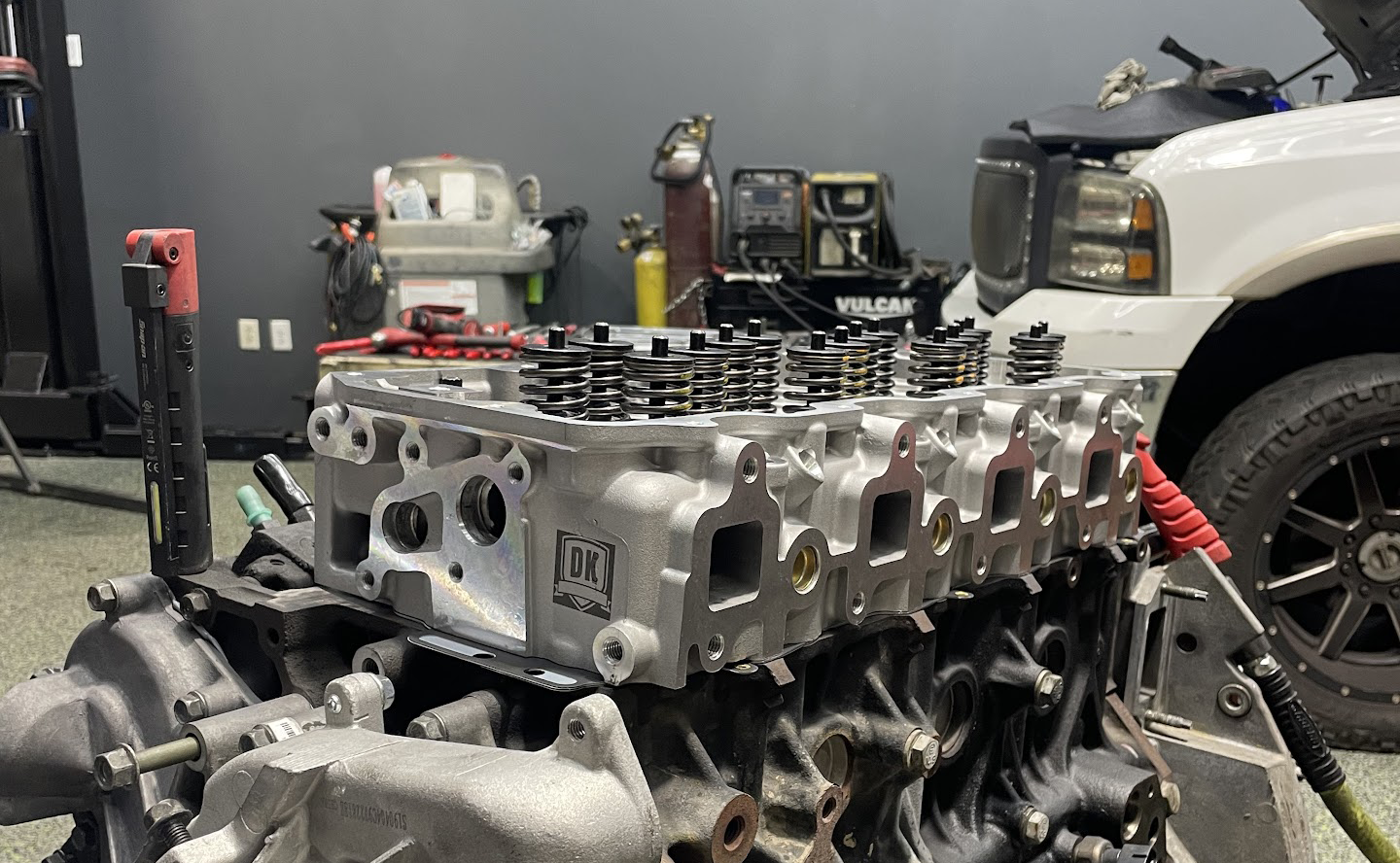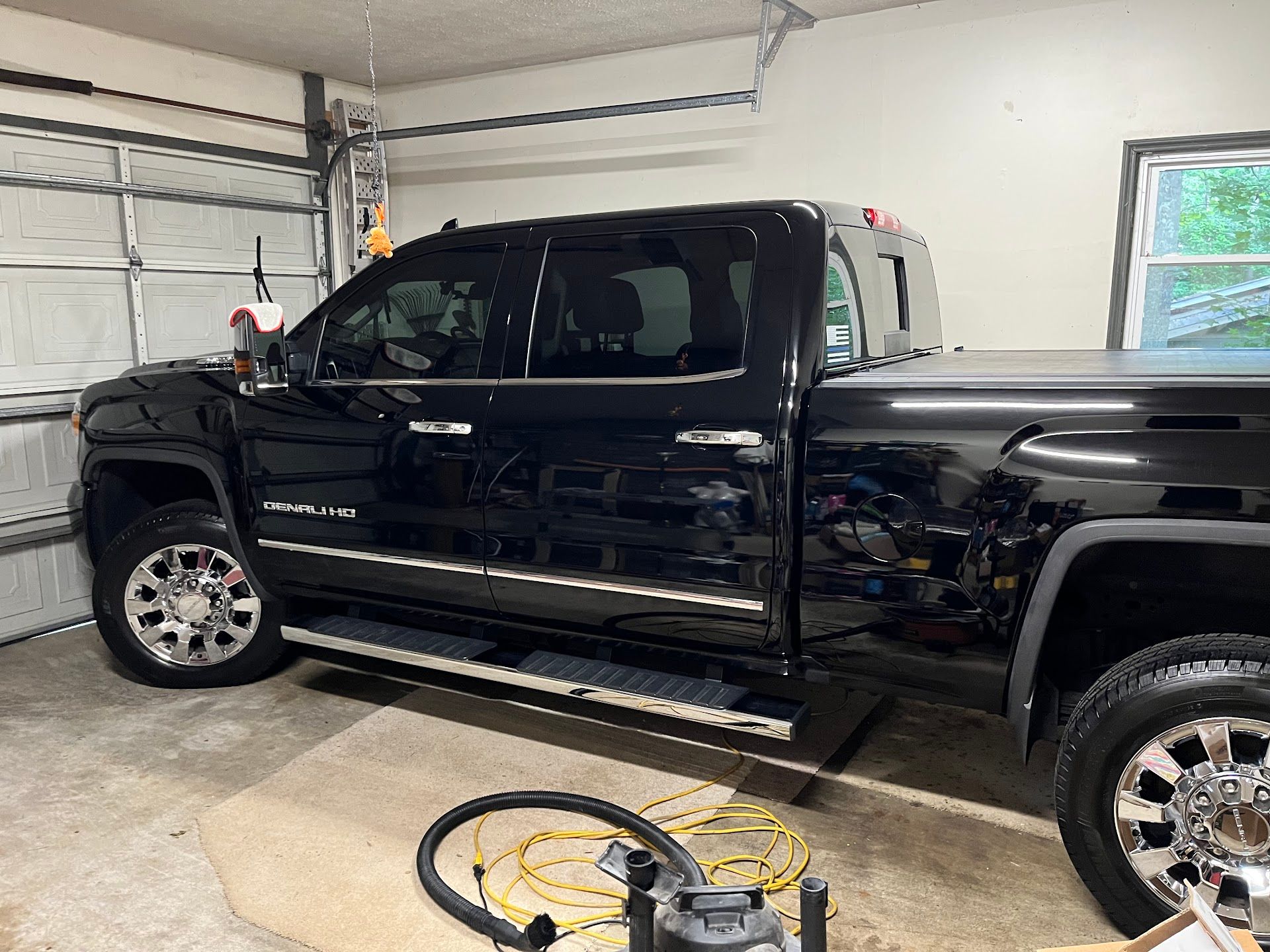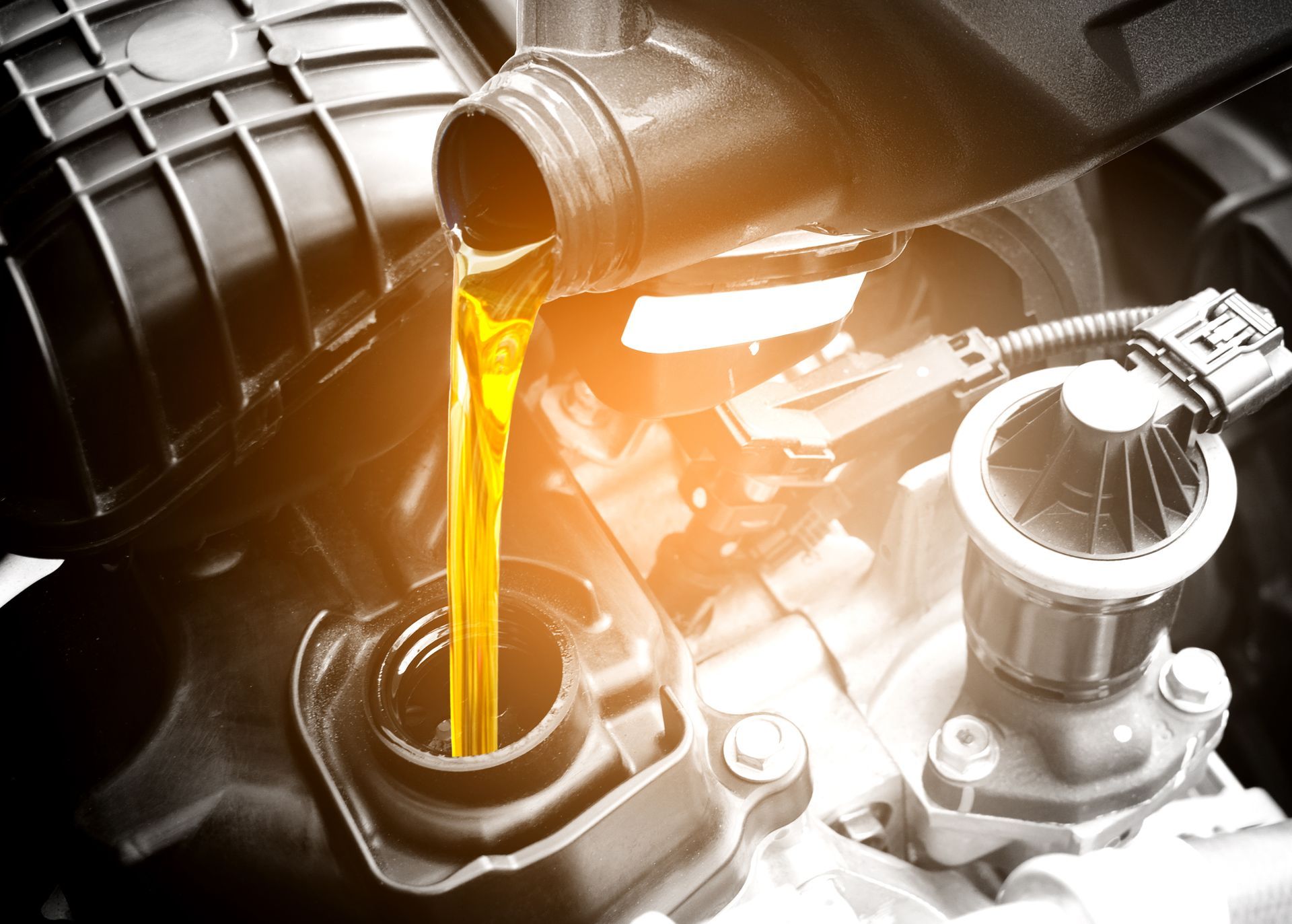Steps to Take When Your Check Engine Light Comes On in Woodstock
Seeing that amber check engine light illuminate on your dashboard can be alarming, especially when you're driving through busy Woodstock traffic or commuting to Atlanta. While this warning light indicates your vehicle's computer has detected a problem, it doesn't necessarily mean you're facing an immediate emergency. Knowing how to respond properly can save you money and prevent more serious damage.
What the Check Engine Light Really Means
Your vehicle's check engine light is part of the onboard diagnostics system that continuously monitors engine performance, emissions, and related components. When this system detects a problem, it stores a diagnostic trouble code and illuminates the warning light to alert you.
The check engine light can indicate anything from a loose gas cap to serious engine problems. Modern vehicles monitor dozens of systems, including:
- Fuel injection and delivery
- Ignition system components
- Emission control systems
- Engine sensors and controls
- Transmission-related issues
For Woodstock drivers, this early warning system is particularly valuable given Georgia's emission testing requirements and the need for reliable transportation in our busy area.
Immediate Steps When the Light Appears
Step 1: Stay Calm and Assess the Situation
Don't panic when the check engine light comes on. Note whether the light is steady or flashing, as this affects your response.
Steady light: Indicates a problem that needs attention but typically allows continued driving
Flashing light: Signals severe engine misfires that can damage your catalytic converter – pull over safely and turn off the engine
Step 2: Check Basic Items
Before assuming the worst, check these simple items:
Gas cap: Ensure it's tightly closed. A loose cap is one of the most common check engine light triggers.
Driving conditions: Note if the light appeared during specific conditions like heavy acceleration, stop-and-go traffic, or after refueling.
Other symptoms: Listen for unusual noises, feel for vibrations, or notice any performance changes.
Step 3: Monitor Vehicle Performance
Pay attention to how your vehicle drives:
- Does it start normally?
- Is acceleration smooth?
- Are there any unusual sounds or smells?
- Does the transmission shift properly?
If your vehicle drives normally with a steady check engine light, you can usually continue driving to your destination, but schedule diagnostic service promptly.
When to Stop Driving Immediately
Certain symptoms require stopping right away:
- Flashing check engine light: This indicates severe misfires that can damage expensive emission components
- Engine overheating: Temperature gauge in the red zone
- Loss of power: Significant reduction in acceleration or performance
- Unusual noises: Knocking, grinding, or metallic sounds
- Oil pressure warning: Low oil pressure can destroy your engine quickly
If you experience any of these symptoms on busy roads like Highway 92 or I-575, pull over safely and call for assistance.
Common Causes of Check Engine Lights
Simple Fixes
Loose gas cap: Accounts for many check engine light cases and costs nothing to fix
Faulty oxygen sensor: Monitors exhaust gases and affects fuel economy when failing
Mass airflow sensor: Measures air entering the engine for proper fuel mixture
Spark plugs or ignition coils: Worn components cause misfires and poor performance
More Complex Issues
Catalytic converter problems: Often result from neglecting other maintenance issues
Fuel injector issues: Can affect engine performance and fuel economy
Emission system problems: May prevent passing Georgia's emission tests
Engine management problems: Require advanced diagnostics to identify
The Importance of Professional Diagnosis
While auto parts stores offer free code reading, professional diagnosis provides much more value:
Advanced Equipment
Professional shops use sophisticated diagnostic equipment that goes beyond basic code readers. These tools can:
- Access manufacturer-specific codes
- Perform component tests
- Read live data streams
- Test system operations
Expert Interpretation
Diagnostic codes point to problems but don't always identify root causes. Experienced technicians know common failure patterns and can accurately diagnose complex issues.
Comprehensive Testing
Professional diagnosis includes testing related components that might contribute to the problem, preventing repeat failures and unnecessary repairs.
DIY vs. Professional Approach
What You Can Try
- Tighten the gas cap and drive for a few days
- Check for obvious loose connections
- Note any patterns in when the light appears
- Monitor vehicle performance carefully
When to Seek Professional Help
- Light remains on after tightening gas cap
- Vehicle performance changes
- Additional warning lights appear
- You need to pass emissions testing
- Light flashing or accompanied by other symptoms
Diesel Vehicle Considerations
Diesel pickup trucks have additional systems that can trigger check engine lights:
DEF (Diesel Exhaust Fluid) system: Low fluid levels or system malfunctions
DPF (Diesel Particulate Filter): Requires periodic regeneration
Glow plug system: Affects cold-start performance
Turbocharger issues: Can trigger various diagnostic codes
Diesel systems often require specialized diagnostic equipment and expertise for accurate diagnosis.
Cost Considerations
Ignoring a check engine light often leads to more expensive repairs. For example:
- A failing oxygen sensor might cost $200-300 to replace
- Ignoring it can damage the catalytic converter, costing $1,000-2,500
- Simple maintenance items become major repairs when neglected
Early diagnosis and repair save money and prevent roadside breakdowns.
Emission Testing Requirements
Georgia requires emission testing for vehicles in certain counties. An illuminated check engine light typically means automatic test failure, regardless of actual emission levels.
Schedule diagnostic service before your emission test is due to avoid delays and additional trips to testing stations around the Atlanta area.
Don't Ignore Warning Signs
Modern vehicles are remarkably reliable, but they depend on various systems working together. The check engine light serves as an early warning system designed to protect your investment and ensure safe operation.
Even if your vehicle seems to run normally, diagnostic codes can reveal developing problems that are cheaper to fix now than later.
Professional Check Engine Light Diagnosis
When your check engine light comes on in Woodstock, trust the experienced ASE-certified technicians at Diesel David Inc. for accurate diagnosis and repair. Our advanced diagnostic equipment quickly identifies problems, and our transparent approach ensures you receive honest recommendations about necessary repairs.
Whether you drive a diesel pickup truck or a gasoline-powered vehicle, we have the expertise to diagnose check engine light issues accurately. Our team understands the importance of reliable transportation for Woodstock residents and provides efficient service to get you back on the road safely.
Located at 10262 Main Street in Woodstock, we're your local experts for check engine light diagnosis and repair. Call Diesel David Inc. at (770) 874-5094 to schedule your diagnostic appointment today. Our comprehensive approach and 2-year/24,000-mile warranty ensure your check engine light problem is resolved correctly the first time.









